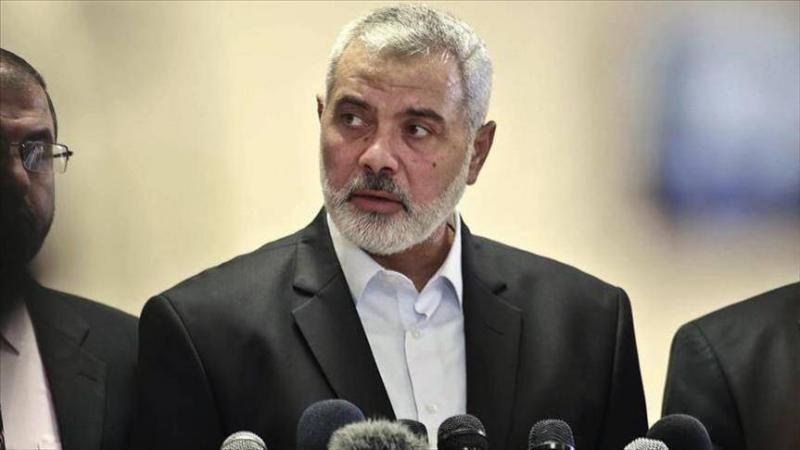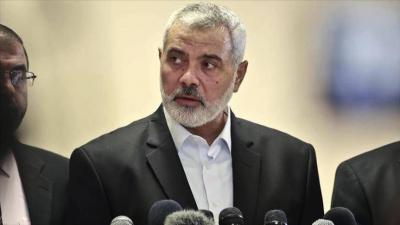After the assassination of Ismail Haniya, the head of Hamas' political bureau, in Tehran by an airstrike attributed to Israel, and the assassination of Hezbollah military leader Fouad Shukr in Beirut by Tel Aviv, Israel is preparing for possible retaliatory response scenarios.
1. **Indirect Response**
The first scenario involves the Izz ad-Din al-Qassam Brigades, the military wing of Hamas, launching rockets from Lebanon into Israel in retaliation for Haniya's assassination, according to Iranian affairs expert Jaber Rajabi.
2. **Neither War Nor Peace**
The second scenario is a "mutual understanding" between Iran, Hezbollah, and Hamas with Israel to refrain from attacking if a ceasefire is established. However, it is unlikely that Iranian Supreme Leader Ali Khamenei would agree to this after the challenge he faced in Tehran, especially with Hezbollah leader Hassan Nasrallah stating in a speech on Thursday that "the response is inevitable."
3. **Disproportionate Attack**
Iran may also attack ships or locations not directly affiliated with Israel, under the guise of being connected to it, similar to past actions. However, according to Rajabi, this would exacerbate the sense of defeat and showcase greater weakness.
4. **Days of Warfare**
Iran could conduct attacks on Israel over several days. It could also leverage media opportunities and create chances for secret negotiations with Western countries and the U.S. Additionally, it could revert the rules of engagement to their original state. Conversely, many analysts believe the response will be limited and will not escalate into a full-scale war that ignites the region.
Notably, the Iranian Revolutionary Guard announced on Wednesday the killing of Ismail Haniya along with a personal guard at his residence in Tehran after he attended an inauguration ceremony for reformist Iranian President Masoud Bezhkishan. According to Iranian media, "Haniya was at one of the residences designated for veterans in northern Tehran" when he was killed by an "aerial projectile" around 2 a.m. (22:30 GMT Tuesday). However, the American newspaper "The New York Times" reported, citing eight officials including two Iranians, that Haniya was assassinated with a bomb secretly brought into the guesthouse where he was staying. It was also reported by five regional officials that the bomb was concealed nearly two months prior in the guesthouse, managed and protected by the Iranian Revolutionary Guard, which is part of a large complex known as "Nasher" in an upscale neighborhood in northern Tehran.
Khamenei had promised to deliver "the severest punishment" to Israel following the assassination. However, Israel, which Iranian authorities clearly blamed for Haniya's death, did not issue any statement regarding the assassination.
### Hezbollah and Majdal Shams
Hours before the attack on Tehran, the Israeli army announced that it had "eliminated" Fouad Shukr in southern Beirut, who was accused of being responsible for a missile attack that killed 12 boys and girls on Saturday in Majdal Shams in the occupied Golan Heights. A source close to Hezbollah confirmed on Wednesday the discovery of Fouad Shukr's body under the rubble of the targeted building in the southern suburb, Hezbollah's stronghold. Hezbollah had denied responsibility for the attack on Majdal Shams. Shukr's assassination represents a significant blow, indicating a major security breach for Hezbollah, especially as he was killed in the southern Beirut suburb, specifically in Haret Hreik, which is considered Hezbollah's security zone.




